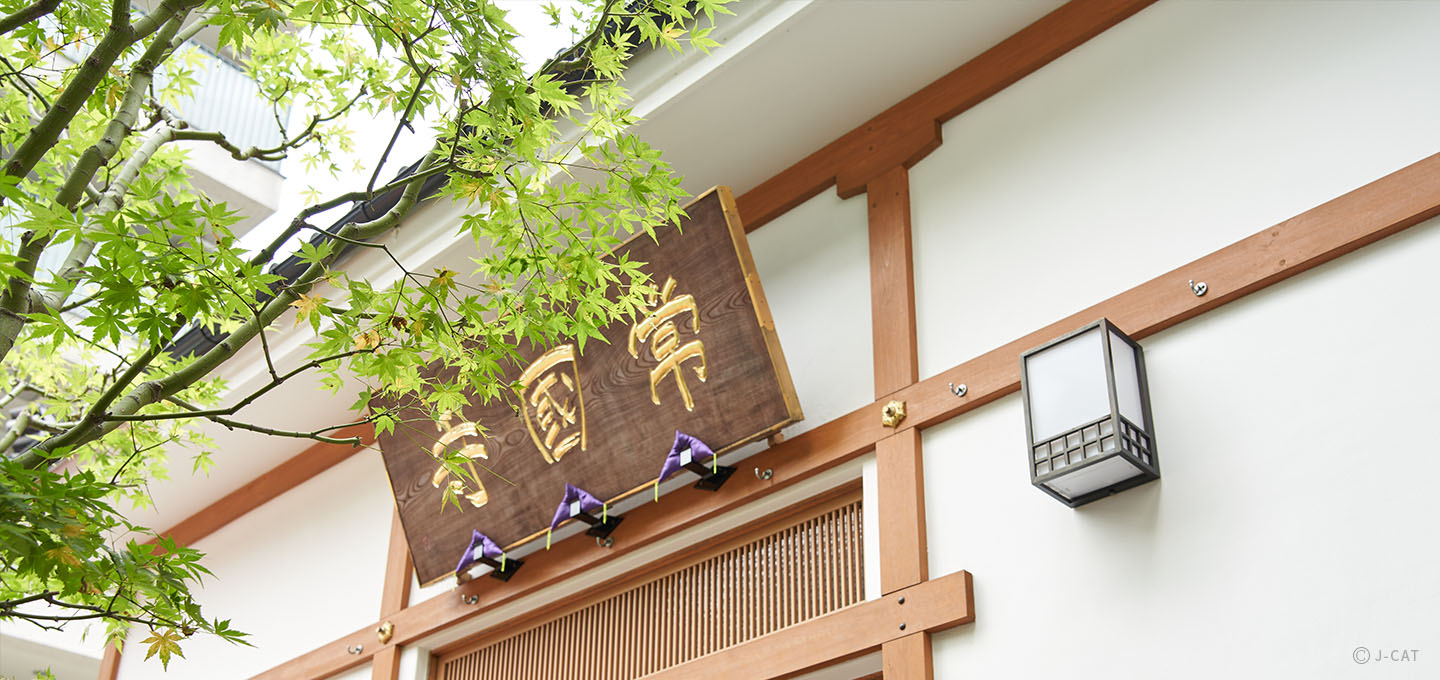
Special Experience
Tokyo
Learn Shojin Ryori Vegetarian Cuisine from a Monk in Tokyo
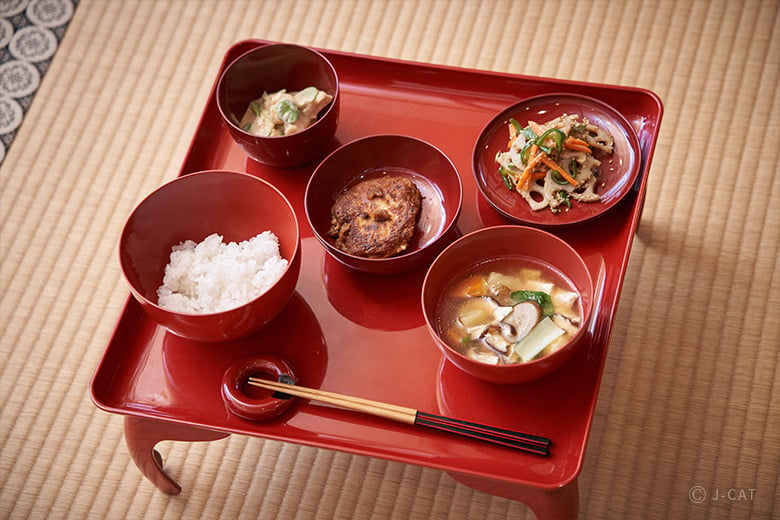
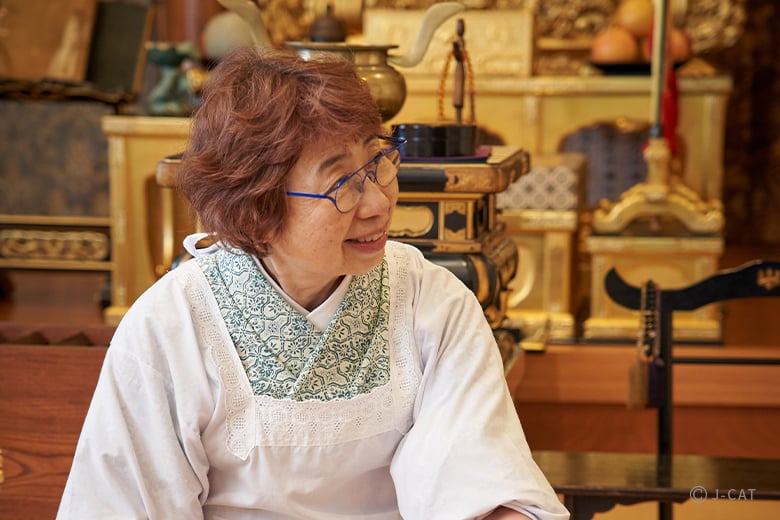
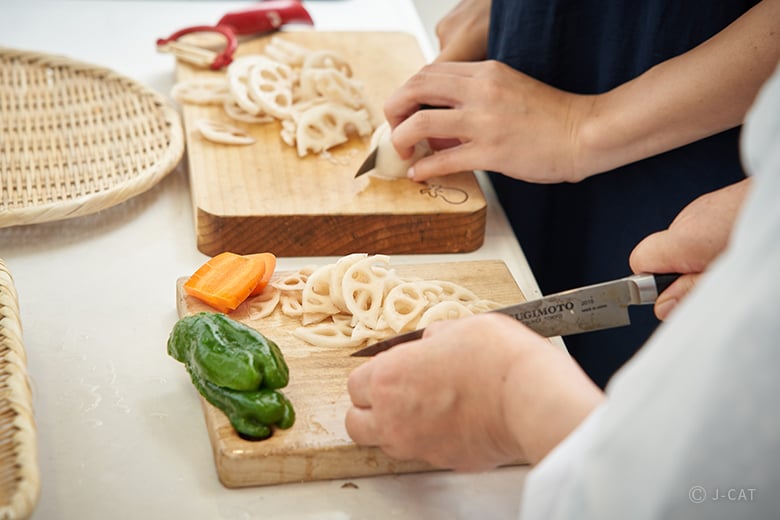
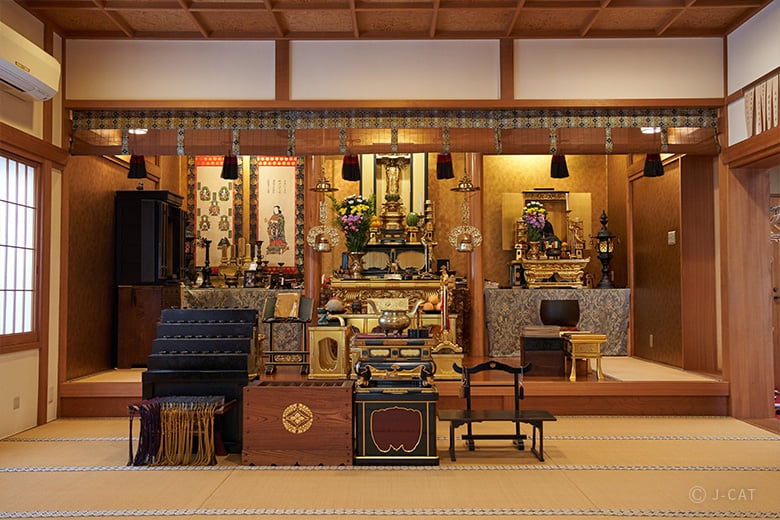
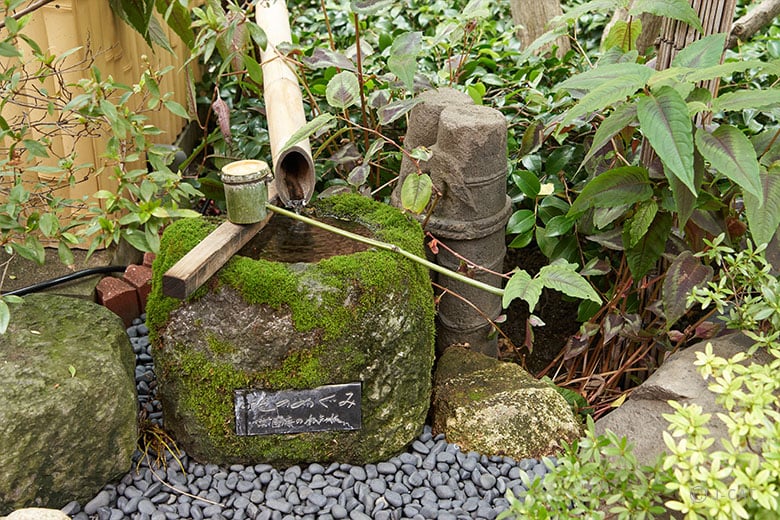
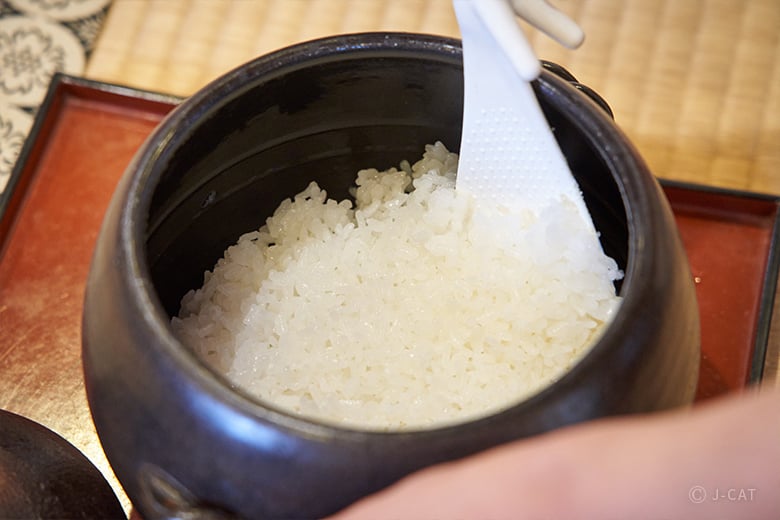
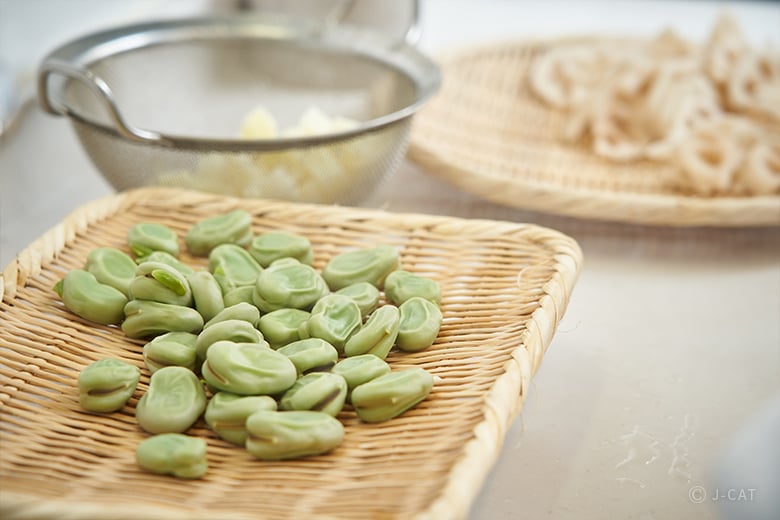
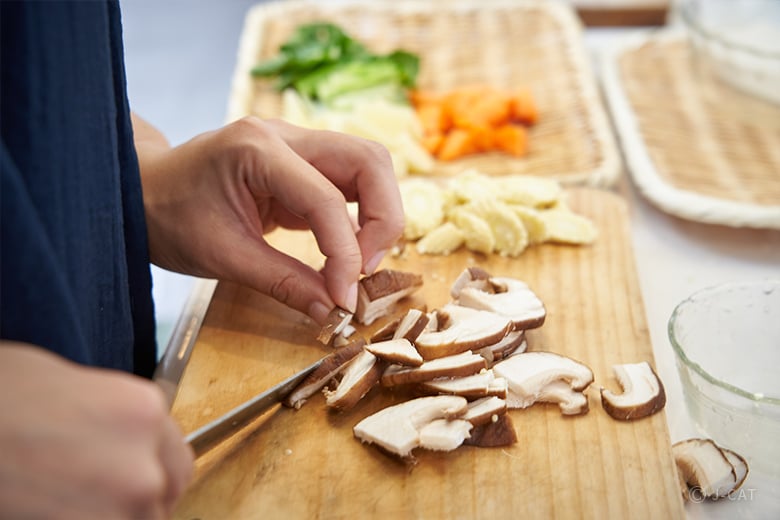
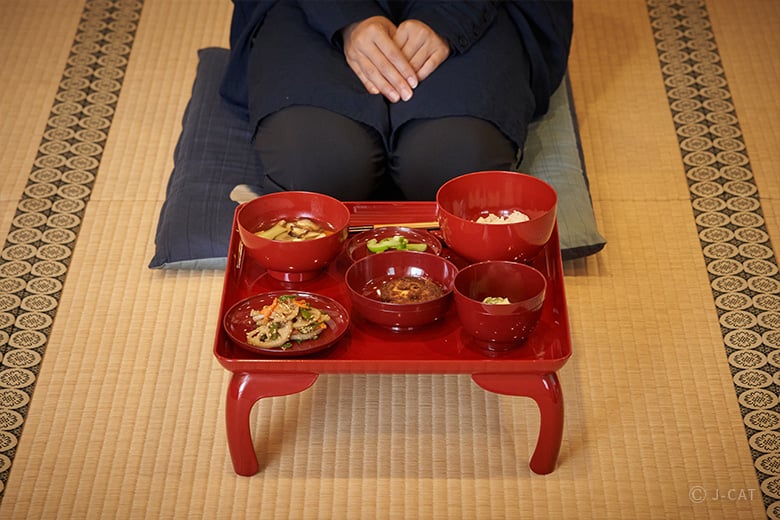
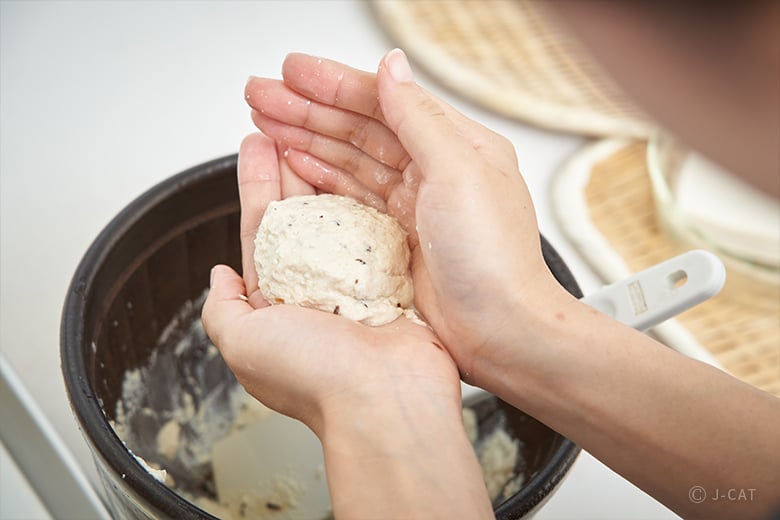
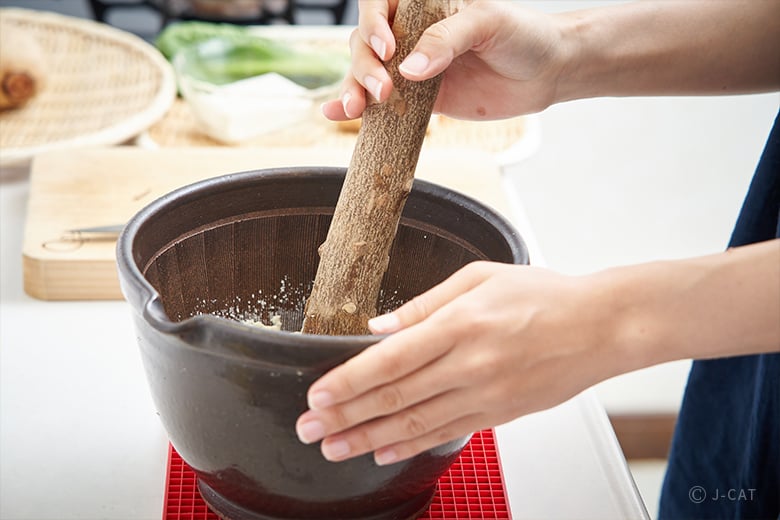
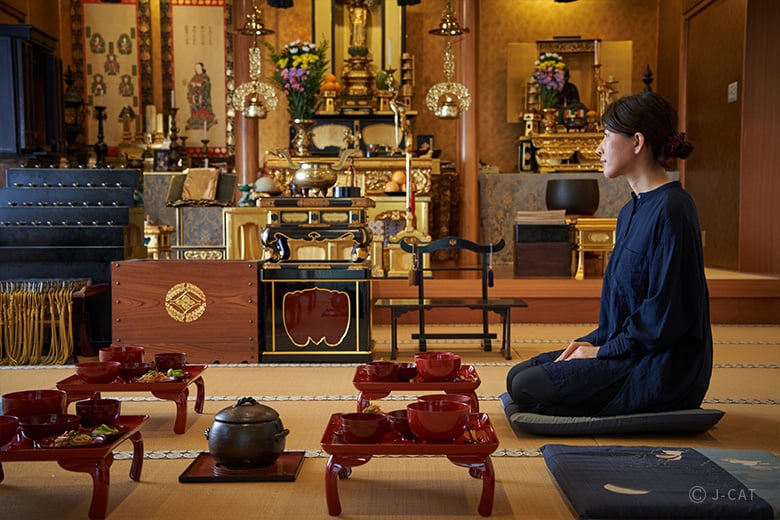
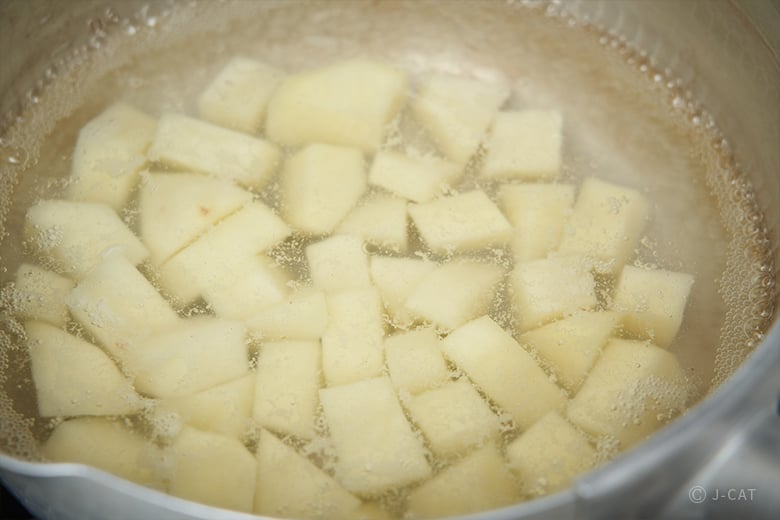
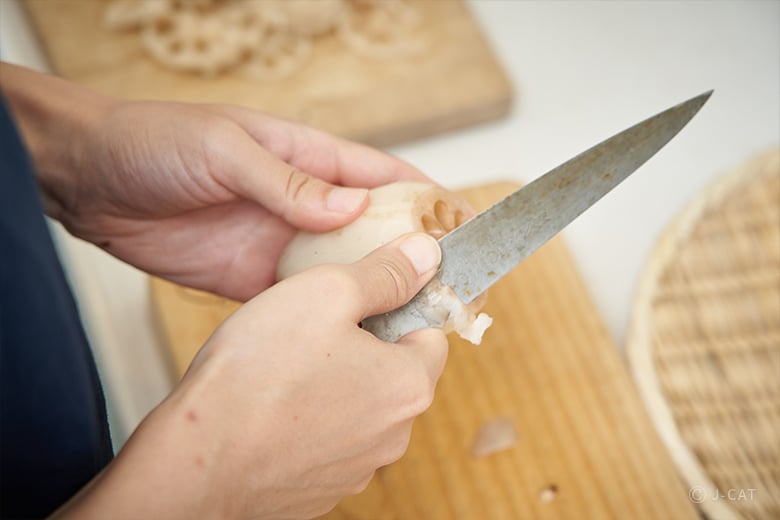
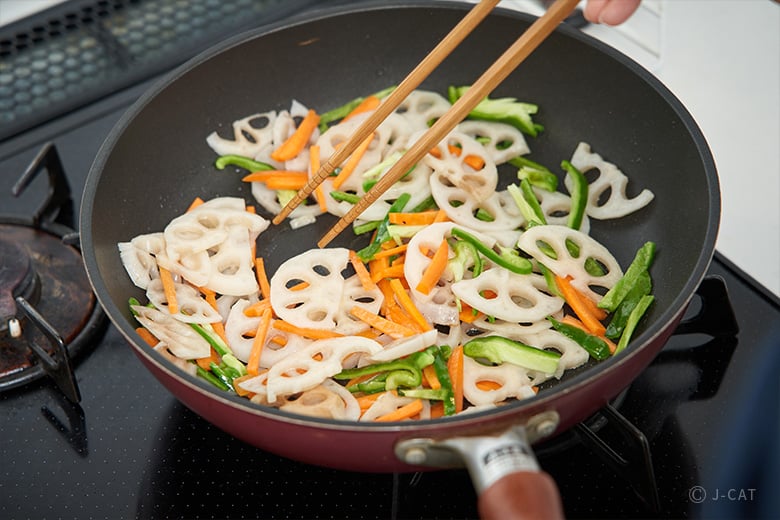
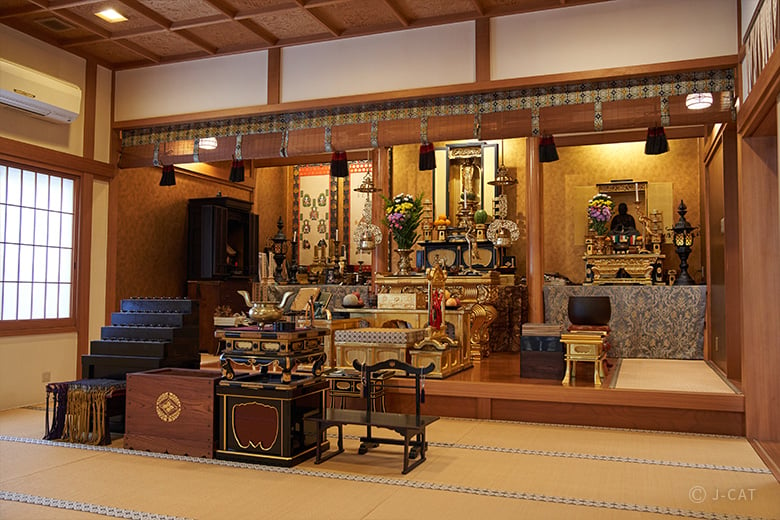
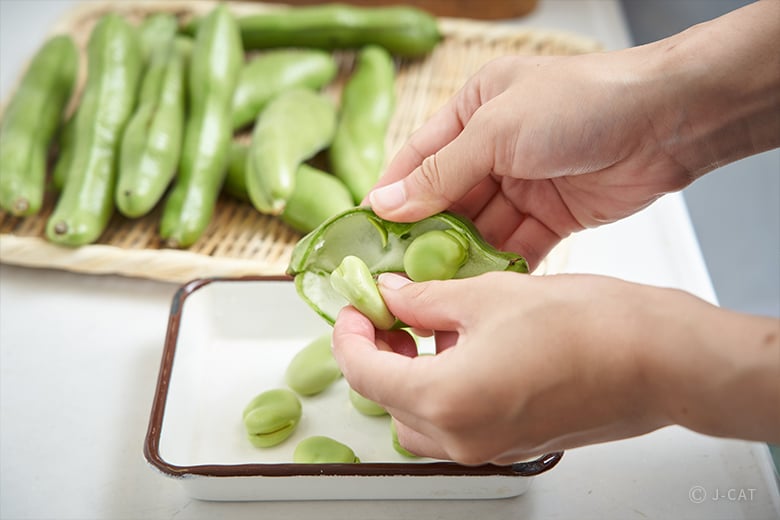
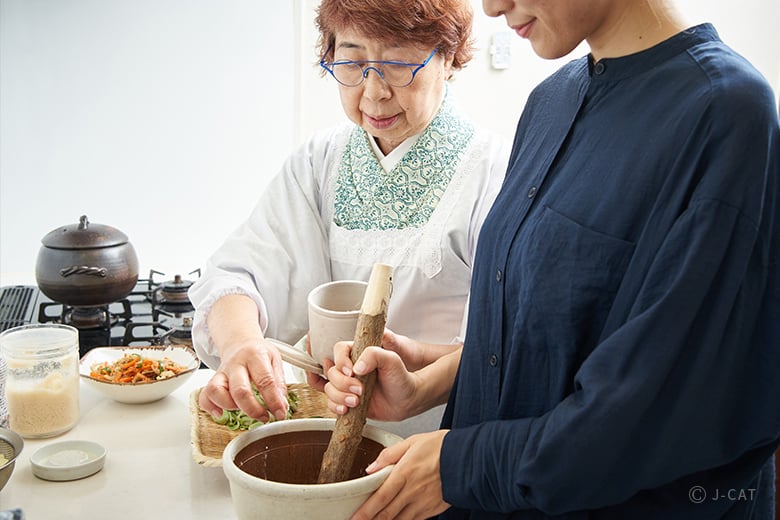
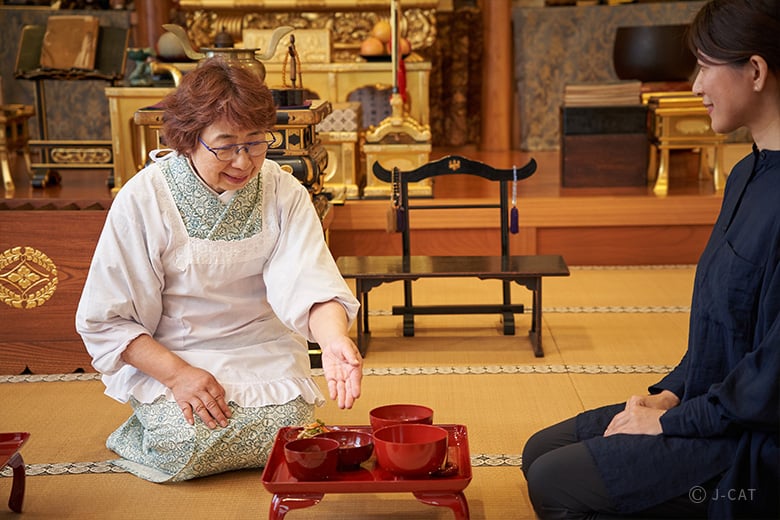
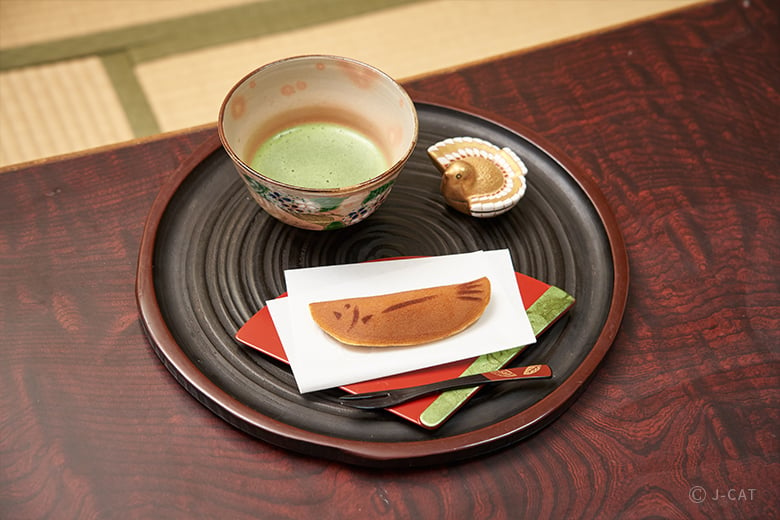




















Overview
On the grounds of the tranquil Jokokuji Temple in Akasaka, Tokyo is Akasaka Teran, a cooking school where you'll learn all about shojin ryori, Buddhist vegetarian cuisine, from a temple monk. First, learn the Buddhist teachings and mindset behind this cuisine, then make a shojin ryori meal of your own with seasonal ingredients. Enjoy your meal at the temple's main hall, then reflect on the experience over tea and sweets. This healing experience will fill you with a sense of gratitude for the blessings of nature and the people around you.
Key Features
・Learn all about shojin ryori, including the principles and mindset behind it, from a monk of Akasaka's Jokokuji Temple
・With utensils typically used in Japanese cuisine, make a shojin ryori meal in the classic Japanese style of one soup and three dishes
・After savoring your shojin ryori meal at the temple's main hall, enjoy chatting with your instructor over matcha green tea and wagashi sweets
Tokyo
180mins
from ¥42,000 /person
1 - 4 participants
Available in English
Cancel free up to 11 days prior
Details
Shojin Ryori at a Quiet Temple Tucked Away in Akasaka, Tokyo
Dotted with embassies, famous hotels, and new commercial complexes, Tokyo's Akasaka district has a multifaceted charm to it. Tucked away in a corner of this neighborhood where history and modernity intersect is the tranquil Jokokuji Temple, which is surrounded by greenery. With a history of about 350 years, Jokokuji is a long-standing temple that has bore witness to Tokyo's historical events, including the expansion of Edo Castle and the Great Kanto Earthquake of 1923.

In a quiet corner of the Akasaka district is Jokokuji Temple, whose main hall you can also visit during this experience
This experience takes place at Akasaka Teran, a cooking school on Jokokuji's grounds. Your instructor for this experience is a monk of the temple: Masami Asao, who took “Risho” as her Buddhist name upon entering the monkhood. Originally a licensed dietitian and nutrition advisor, Ms. Asao has experience organizing health-based cooking classes and dietary consultations.
Through her career, Ms. Asao had the opportunity to learn to make shojin ryori at a temple in Kyoto. The principles behind shojin ryori, which is based on Buddhist tenets of gratitude for all things and a daily habit of calming the mind, deeply resonated with her, leading her to establish Akasaka Teran in the hopes of sharing the appeal of shojin ryori.

Risho Asao, the monk who heads Akasaka Teran
Shojin ryori is a healthy cuisine that's entirely plant-based — it does not use any meat or fish. Ms. Asao says, “Before stepping into the world of shojin ryori, I would like people to be mindful and sincerely appreciative of the food they eat.” Amidst the hustle and bustle of modern daily life, which prioritizes efficiency and speed, the mindset behind shojin ryori, which has a history of about 1,200 years, will resonate deeply within you.
Feel the Blessings of Nature in Each Dish
Within the quiet temple grounds, you'll start with an introduction to shojin ryori and the principles behind it. This healthy, plant-based cuisine was developed to avoid having to kill animals for food. It has also gained attention for being a cuisine that reflects the Buddhist mindset — which can enrich one's daily disposition — and the changing seasons. Shojin ryori teaches to not only respect humans, fish, and other animals as living things, but also to appreciate the worth of each and every vegetable and ingredient.

Broad beans delivered fresh from the market during the morning of the experience
Seasonal ingredients are crucial to shojin ryori, as they convey the importance of reflecting on and sincerely appreciating each moment, such as the time taken to make the food and the time spent eating it. When making shojin ryori, one must put his or her heart into making each dish, express gratitude for the ingredients, and think of the ingredients’ producers and the person who will eat the food.
The key is to appreciate the small efforts behind the scenes, to calm one's heart and mind, and to keep a humble spirit amid the blessings such as the ingredients and the opportunity to savor such delicious food.
Cultivate Your Mind by Learning About Shojin Ryori from a Temple Monk
After learning about the history and principles behind shojin ryori, it's time to try making shojin ryori yourself. Create a meal that reflects the changing seasons in the classic Japanese ichiju-sansai (literally “one soup and three dishes”) meal preparation style. Akasaka Teran uses nothing but fresh ingredients received from markets that the temple has had a long relationship with, as well as from producers that it is affiliated with.

An opportunity to use Japanese cooking utensils
While Ms. Asao teaches you how to use Japanese cooking utensils, carefully go through each step of the preparation process: cutting, peeling, mixing, and so on. Cutting ingredients in such a way as to avoid excessive food waste, making sure that pre-preparations are done properly, and handling utensils with care are all connected to cultivating a grateful and compassionate heart.
Though the steps may seem difficult at first, especially for beginners, rest assured that Ms. Asao will guide you every step of the way. As you proceed to cook the ingredients, you'll feel your senses open up, what with the ingredients' texture changing, the sounds reverberating in the kitchen, and the pleasant aroma wafting along with rising steam.

An atmosphere in which you can have enjoyable in-depth conversations about food culture
When preparing a meal, most people will naturally want to finish cooking as quickly as possible to be able to serve a warm, delicious meal right away. With this in mind, Ms. Asao will teach you some tips and tricks to cooking efficiently. “Even if you’re just making a meal for yourself, I hope you’ll cherish the time spent cooking and feel as if you're making something for someone else, such as a loved one,” she says.
Take a Moment to Enjoy Nature's Blessings at the Historic Main Hall
Once the food is ready and is beautifully arranged on a tray, the mouthwatering, tantalizing aroma will surely make you hungry. Head to Jokokuji Temple’s main hall, which is usually not open to the public, where you'll savor your meal. This historic hall is where the temple's objects of worship, such as Buddha statues and paintings, are enshrined.

Take in the tranquil but warm ambiance of Jokokuji Temple's main hall as you enjoy your meal
Before you take a bite, Ms. Asao will teach you the recommended order for eating your meal to enhance your enjoyment of it. First, have some soup to moisten your throat, then eat a bit of rice. Next, slowly savor the dishes while paying attention to the texture and aroma. The subtle but delicious and profound flavors of shojin ryori will soothe your heart.
As an optional add-on (additional charges apply), you can also complement your meal with fine sake carefully selected by Ms. Asao. It is said that just as there are four seasons, Japan also has four seasons for sake. The harmony of seasonal shojin ryori and seasonal sake will no doubt be an unforgettable memory.

As some would say, food tastes even better when you made it yourself (note: the meal in this image is for reference only)
Ms. Asao says that she emphasizes three words when talking about shojin ryori: “itsukushimu” (“to cherish”), “kansha” (“gratitude”), and “shojin” (“devotion”). In her words: “I want to convey the cherishing of ingredients and utensils, gratitude for being able to make and enjoy food, and the spirit of utmost devotion to making food.”
Before and after your meal, you will deeply feel the roots of the Japanese words “itadakimasu” and “gochisosama,” both of which are meant to express gratitude to everyone and everything that made the meal in front of you possible.

After your meal, relax with matcha and seasonal wagashi sweets (varying depending on the season)
After filling yourself up with your meal, take some time to reflect on the experience over matcha green tea and wagashi sweets. If you prepared your meal with the right mindset, your time spent enjoying your food might feel even more precious and significant.
Shojin Ryori: Nourishing the Body and Soul
As we keep busy each day, we tend to lose sight of the importance of carefully preparing and enjoying food. However, shojin ryori is full of reminders for us to respect life and to find joy in cooking and eating. How about spending a healing time familiarizing yourself with shojin ryori? It will surely help with calming your mind and body and with developing an overflowing sense of gratitude for the little things.

Express your gratitude for not only the blessings of nature, but also the people involved in making your meal possible
Akasaka Teran

Akasaka Teran
Located on the grounds of Jokokuji Temple in Tokyo's Akasaka district, Akasaka Teran is a cooking school headed by Risho Asao, a temple monk who is also a licensed dietitian and nutrition advisor. Placing importance on being mindful and sincerely appreciative of the food we eat, Ms. Asao holds shojin ryori (Buddhist vegetarian cuisine) cooking classes. Additionally, she has a wealth of experience in holding cooking classes for nutritional and healthy dishes, as well as dietary consultations for various age groups.
Customer's Voice
This informative class is taught by a charming lady. Somehow she managed to accommodate us and a translator in her tiny kitchen. She put us to work so we could learn hands-on Japanese cooking techniques. We were able to enjoy the fruits of our labor for lunch. We learned the basic principles of Shojinn Ryori using vegetarian ingredients.
K.S. United States
It was truly amazing to have a private cooking course with such an open-minded and knowledgeable Sensei as Ms. Asao and an interpreter. It confirmed my view, that Japanese culture and cooking is truly special and that we can all learn something from the Japanese.
L.R. Germany
An authentic experience of Japanese temple cooking. It was an excellent experience all around. Could not have enjoyed it without the help of the interpreter. We learned to cook a healthy meal using local ingredients under the guidance of a temple monk.
A.S. United States
Location
Jokokuji Temple
Minato Ward, Tokyo
Request for booking
Select first preferred date (JST)
February 2026
Sun
Mon
Tue
Wed
Thu
Fri
Sat
Instant Booking
Request Booking

17
Full

17
Unavailable
- Instant Booking: Your reservation is confirmed immediately upon payment.
- Request Booking: You will receive confirmation after the host reviews your request.
Tokyo
180mins
from ¥42,000 /person
1 - 4 participants
Available in English
Cancel free up to 11 days prior
Things to know
Contact Us
If you have any questions, please contact us using the form below.
We also accept bookings from corporate clients and travel agencies.